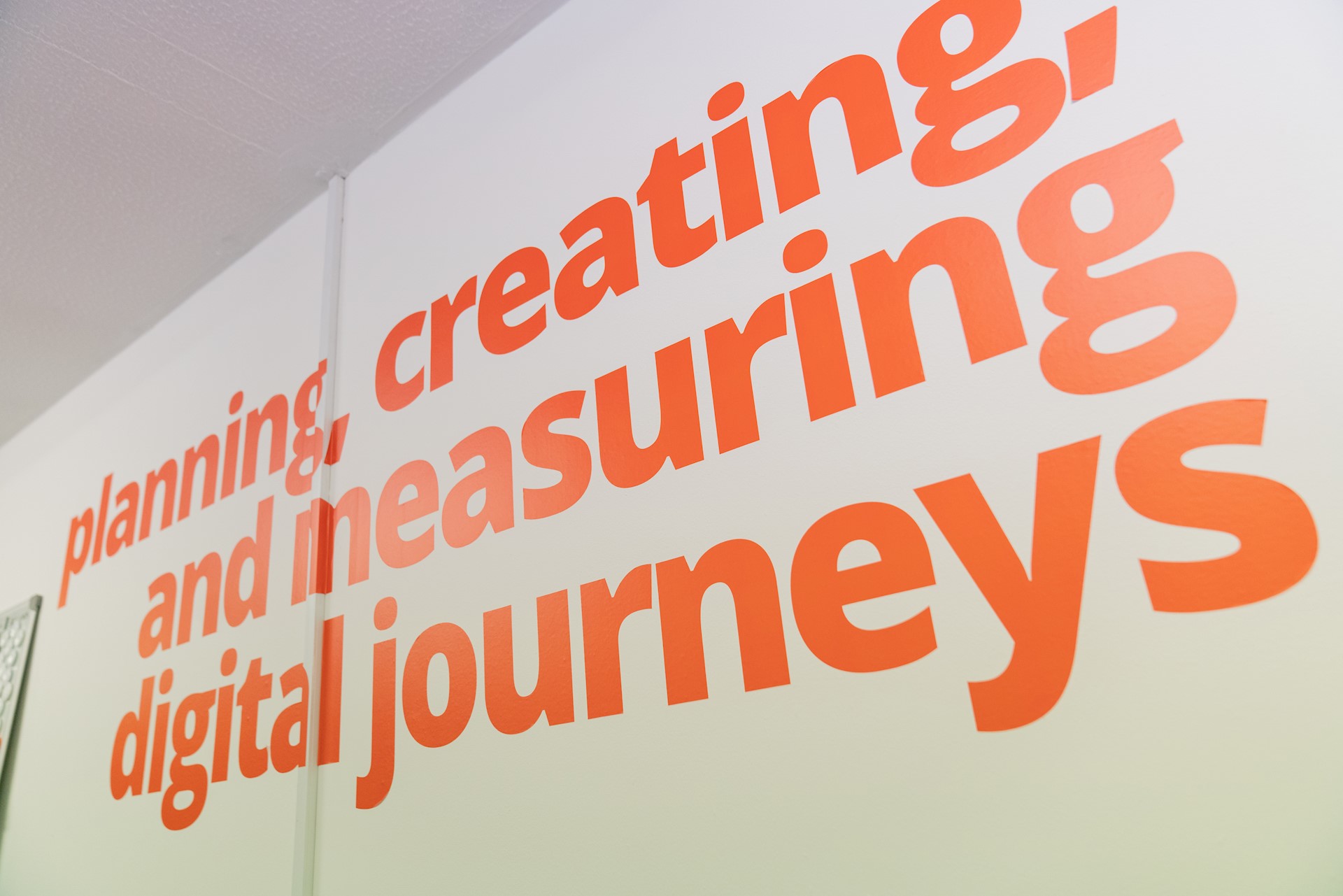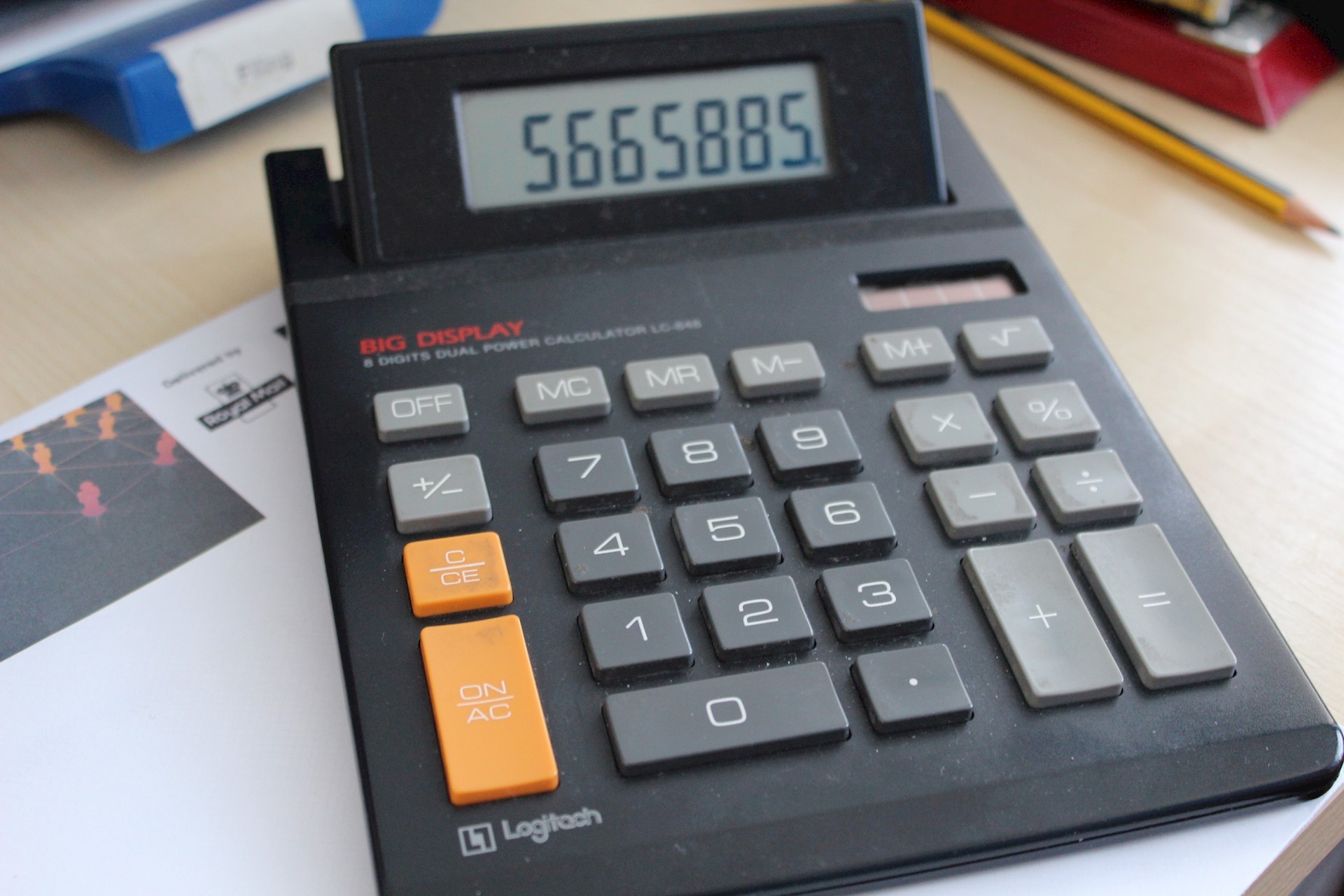A Guide To: Registering Your Business As A Sole Trader
3 minute readIf you’re a sole trader, you run your own business as an individual and are self-employed.
You can keep all your business’s profits after you’ve paid tax on them. You’re personally responsible for any losses your business makes. You must also follow certain rules on running and naming your business.

Thinking about registering yourself as a sole trader?
Here are some key things that will help you make your final decision and help you get started!
What Is A Sole Trader?
A sole trader is a self-employed person who owns and runs a business. As a sole trader there is no legal distinction between you and your business. You can retain all of your business profits after you have paid tax on them
Key Advantages
It’s a quick and easy way to set-up in business!
It’s a good way to test your idea out and decide whether running a business is right for you
Main Disadvantages
You are personally liable for any debts and liabilities that your business makes or has. This means that your home, possessions and any savings which you might have are at risk.
It can be more difficult to raise finance from banks and other lenders.
Naming Your Business

There are some rules which you must follow on naming your business. You can trade under your own name or chose a business name. As a sole trader, you can’t use ‘Ltd’ ‘Limited’ ‘Public Limited Company’ ‘plc’ in the name and you should avoid sensitive and offensive words.
You should also think about how the name will read when abbreviated as an acronym or when written in a website URL, as you might be surprised by some of the word combinations that can be made!
Registering For Tax And National Insurance
As a sole trader, you will pay income tax on your business profits and Class 2 and Class 4 National Insurance contributions. These payments will be made through registering for Self-Assessment and submitting a tax return yearly. You should register with HMRC as self-employed once you start to trade. At the very latest you should register by the 5th of October following the end of the tax year for which a tax return is needed (that is, the tax year that you started to trade).
To register and find out more click here.

Frequently Asked Questions (FAQs)
- Does a sole trader need a business bank account?
As a sole trader, you do not have to set up a separate business bank account but it is sensible for you to do so in order to keep your personal and business finances separate. It can avoid unnecessary headaches when managing your financial affairs. - Can I employ someone when I am a sole trader?
Yes, as a sole trader you can employ people. You will be required to register as an Employer with HMRC and hold Employers Liability Insurance. - Do I need to register for VAT?
You don’t have to register for VAT until your businesses taxable turnover reaches the VAT threshold which is currently £85,000 (1st April 2017) You can choose to register before then. If you are not registered for VAT you cannot charge VAT or reclaim VAT.
Got a business question?
We're here to help. Get in touch.
Book your free appointment below:

